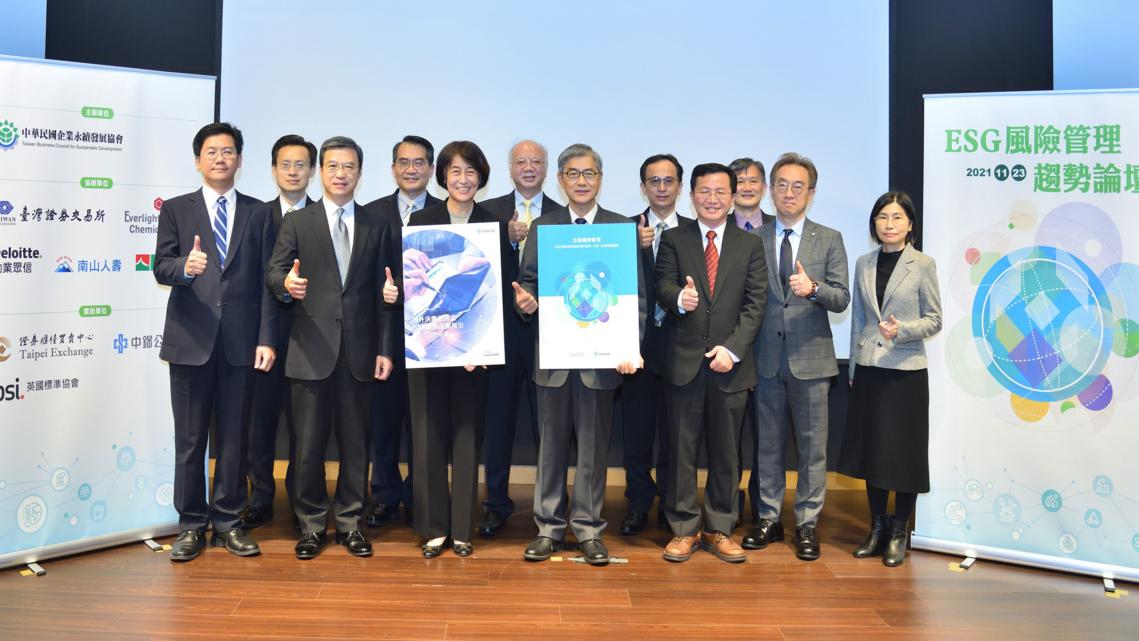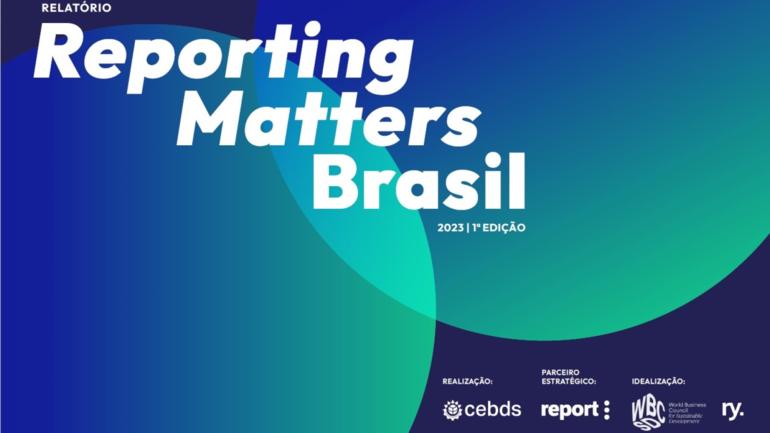Aiming to help Taiwanese corporates face the ESG-related challenges, the Taiwan Business Council for Sustainable Development (BCSD Taiwan) obtained authorization from WBCSD and COSO to release the Traditional Chinese versions of "Enterprise Risk Management: Applying enterprise risk management to environmental, social, and governance-related risks" and "Guidance on improving the quality of ESG information for decision-making: Developing a roadmap for companies".
The two guides have been translated and published to help Taiwanese businesses identify ESG-related risks and improve their internal control systems. BCSD Taiwan is anticipating these guides will help local businesses bridge with global markets.
Following the announcement of the Corporate Governance Roadmap 3.0, Financial Supervisory Commission, R.O.C. (Taiwan) is now formulating the code of practice of enterprise risk management (ERM) for exchange-listed and TPEx-listed companies, which is expected to be issued in 2022. Exchange-listed and TPEx-listed companies in Taiwan are requested to issue annual corporate social responsibility (CSR) reports that follow the GRI framework to disclose ESG-related risks or contributions. However, the quality of CSR reports is not at the same level as that of financial reports, and the ESG information disclosed does not align with organizational risks well, which undermines the true value of CSR reports.
Therefore, it is crucial to implement the enterprise risk management system and list it as one of the indexes in the corporate governance evaluation system by the functional committees of the board of directors, such as the audit committee or risk management committee supervision.
Originally, enterprise risk management and sustainable development were two separate operating systems, but the ERM guidance combined the two into one. This will encourage corporate managers to strengthen sustainability and risk management from a more comprehensive perspective, so that the two complement each other to create a stronger risk tolerance for the company.
“The future is full of uncertainty. Enterprises should establish risk measurement, identification, control, and reporting mechanisms as soon as possible to truly strengthen their resilience,” said Tony Mo, BCSD Taiwan Secretary-General.
The Traditional Chinese versions of these two important guides were successfully published thanks to many business partners, including Taiwan Stock Exchange Corporation, Everlight Chemical, Deloitte Taiwan, Nan Shan Life Insurance, Sinyi Realty, Taipei Exchange, China Steel Corporation (CSC), and The British Standards Institution (BSI).
In the future, investors' requirements for ESG information disclosure will only become more and more stringent. The two guidance published this time provide companies with specific practical paths for improving ESG risk management and optimizing ESG information. BCSD Taiwan will also hold an ESG risk management workshop on December 9th to help companies perceive and apply the ERM guidance.
To download the Traditional Chinese version on BCSD Taiwan's official website:








